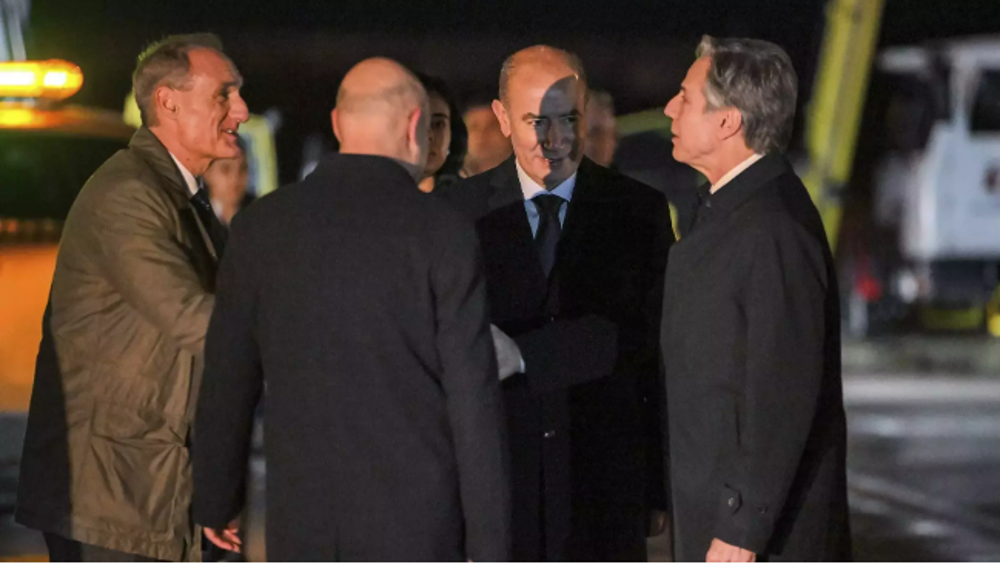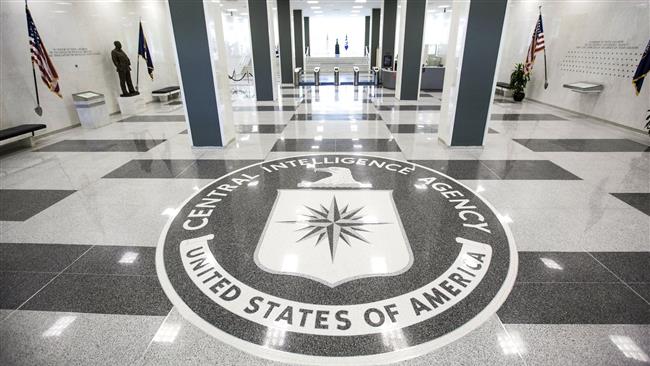Trump’s nominee for CIA director once ran ‘black site’ prison
US President Donald Trump's pick to lead the Central Intelligence Agency (CIA) has reportedly sought to withdraw over her role in the agency's torture of detainees.
For years, Gina Haspel had worked as a veteran CIA clandestine service officer, who once also ran a “black site” prison, according to reports.
Haspel was in charge of a CIA prison in Thailand where two suspected al-Qaeda members were waterboarded.
She was summoned to the White House on Friday to discuss her history in the Bush-era torture program that employed harsh techniques, including waterboarding, the Washington Post reported on Sunday.
Haspel reportedly told the White House she would step aside to avoid a Senate Intelligence Committee's confirmation hearing that could damage the CIA reputation.
Trump aides also held hours-long talks with her in the CIA headquarters in Virginia.
On Saturday afternoon, the White House assured that she would not withdraw.
Trump has nominated Haspel to succeed Mike Pompeo, who became secretary of state last month.
Haspel was appointed the CIA deputy director last year by Trump.
She won applause inside the CIA and from many career intelligence officials as the first woman to reach the agency’s second-highest position.
After his inauguration in January last year, Trump was reportedly preparing an executive order to reopen the overseas “black site” prisons, where the CIA held terrorist suspects before former President Barack Obama closed them. But later on the president backed off the draft executive order.
Haspel had worked in a number of overseas posts, including as chief of a major CIA station, and served as the acting head of the National Clandestine Service in 2013 before Senator Dianne Feinstein of the intelligence committee blocked her permanent promotion to that job.
President Trump has said he is considering reinstating the use of torture, including the banned interrogation technique of waterboarding against terrorist suspects.
The Senate Intelligence Committee released a report in 2014 about CIA's brutal detention and interrogation program and its use of various forms of torture on detainees between 2001 and 2006 during the so-called war on terror.
The report concluded that the spy agency’s interrogation methods were far more brutal and less effective than what the agency had publicly acknowledged.
The report also said that not a single terrorist attack was foiled as a result of the use of the so-called harsh interrogation techniques.
‘All wars have rules. All of those rules have been broken’ by Israel
VIDEO | Report flags India’s violation of rights of Rohingya detainees
Turkey's foreign minister meets Syria's de facto leader in Damascus
'Next to impossible' to rescue patients from Gaza's Kamal Adwan Hospital: Director
VIDEO | Vietnam current prosperity
Report blames gasoil exports for shortage at Iranian power plants
VIDEO | Hind Rajab Foundation names Israeli war criminals vacationing after Gaza genocide
VIDEO | Australians rally for Gaza ahead of Christmas festivities





















 This makes it easy to access the Press TV website
This makes it easy to access the Press TV website